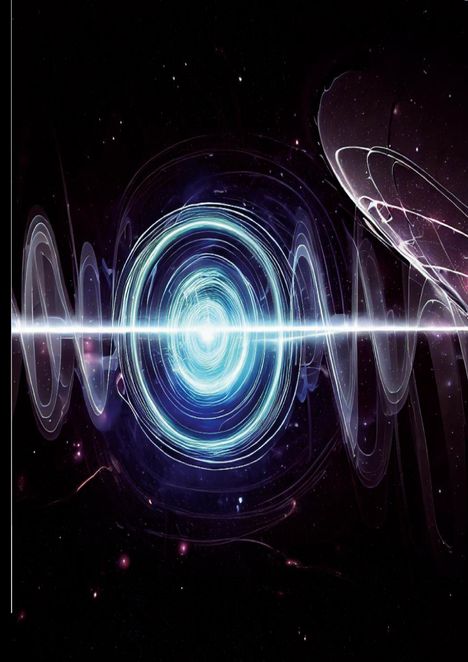Pablo Barneo: De-noising of Gravitational-Wave Data, Kartoniert / Broschiert
De-noising of Gravitational-Wave Data
Buch
- the rROF Method in the cWB Data Analysis Pipeline
- Verlag:
- BoD - Books on Demand, 03/2024
- Einband:
- Kartoniert / Broschiert, Paperback
- Sprache:
- Englisch
- ISBN-13:
- 9788413737386
- Artikelnummer:
- 11794058
- Umfang:
- 184 Seiten
- Gewicht:
- 552 g
- Maße:
- 297 x 210 mm
- Stärke:
- 12 mm
- Erscheinungstermin:
- 11.3.2024
- Hinweis
-
Achtung: Artikel ist nicht in deutscher Sprache!
Klappentext
Since the first experimental evidence for the existence of gravitational waves in 2015, the amount of data in this scientific area has increased enormously. There has also been a great deal of interest in the scientific community in gravitational waves. The interferometers, used to capture these waves, need to achieve a high level of instrumental sensitivity to be able to detect and analyse the weak signals emitted by both distant sources of intrinsically high intensity and nearby sources of much lower intensity.High sensitivity is often accompanied by high levels of noise that difficult data analysis. In nowadays interferometers, large amounts of data are recorded with a high percentage of noise from which we attempt to extract the possible gravitational waves buried therein.
In this dissertation we propose to use a denoising method based on the minimisation of the total variance of the time series that constitute the data. Known as the ROF method, it assumes that the largest contribution to the total variance of a function comes from noise. In this way, a minimisation of this variance should lead to a drastic reduction in the presence of noise. This denoising procedure helps to improve the detection and data quality of gravitational wave analysis.
We have implemented two ROF-based denoising algorithms in a commonly used gravitational-wave analysis software package. The analysis package is known as coherent WaveBurst (cWB) and uses the excess energy from the coherence between data from two or more interferometers to find gravitational waves. The denoising methods are the one-step regularised ROF (rROF), and the iterative rROF procedure (irROF).
We have tested both methods using events from the gravitational-wave catalogue of the first three observing periods of the LIGO-Virgo-KAGRA scientific collaboration. These events, named GW1501914, GW151226, GW170817 and GW190521, comprise different wave morphologies of compact binary systems injected at different noise quality levels.


